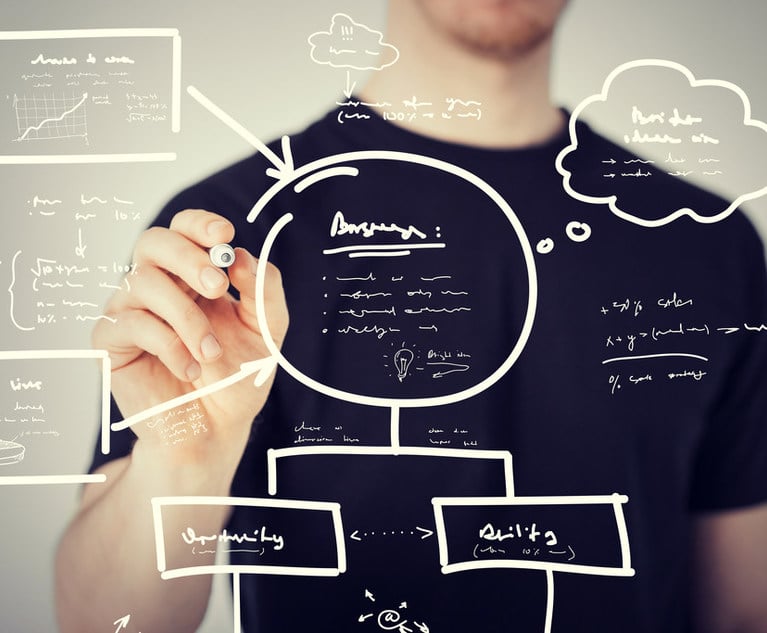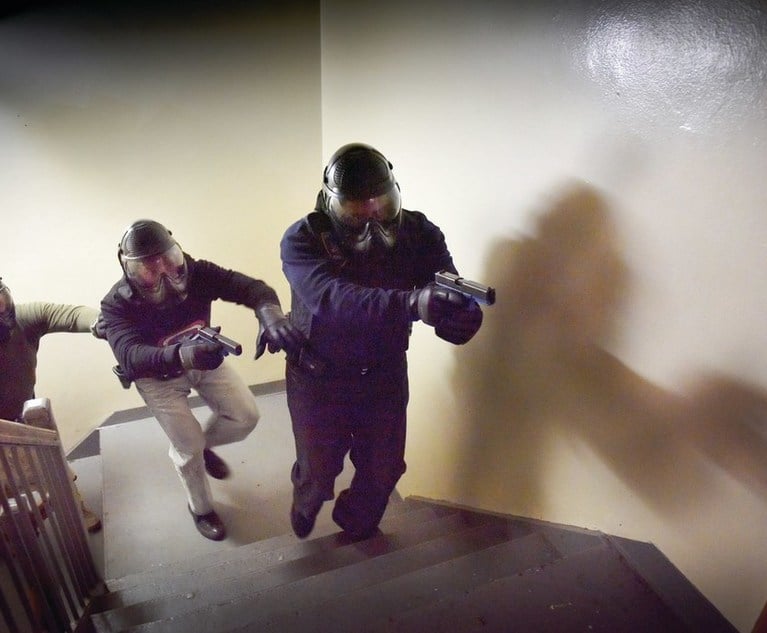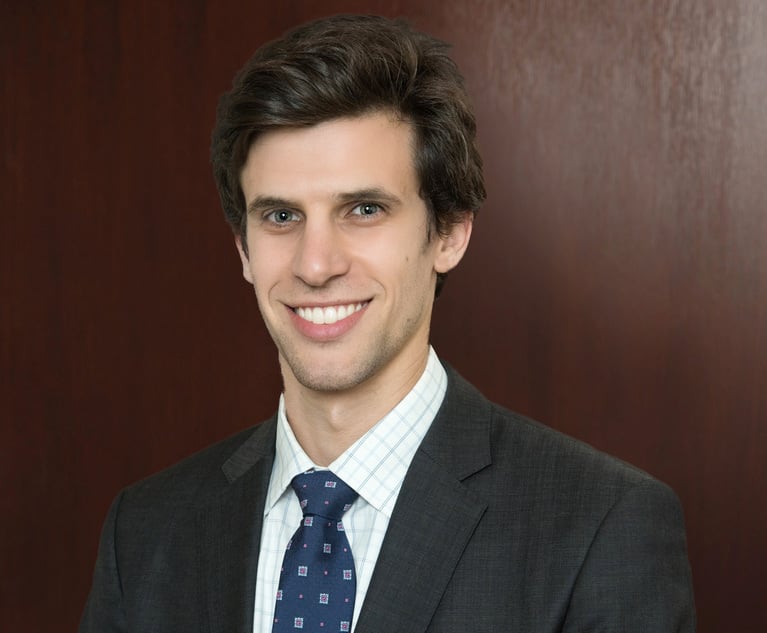Hannah Walker contributed an article on Law.com titled “Are Well-Being Efforts for Young Lawyers Pulling the Wool Over Their Eyes?“ Walker quoted several senior lawyers who seemed to equate wellness programs, such as mindfulness classes, with fooling young lawyers into thinking the profession is easy. One partner asked, “Are we trying to convert the legal profession from hard work by wrapping them in cotton wool?”
At the same time, more and more law firms are implementing wellness initiatives, including mindfulness and meditation. Mintz, Levin, Cohn, Ferris, Glovsky and Popeo has wellness offerings that include meditation and mindfulness classes and fitness classes.
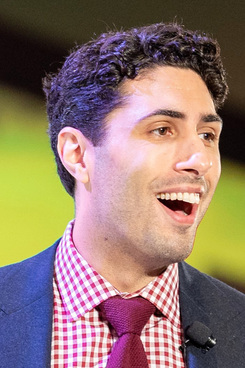 Jon Krop, the founder of Mindfulness for Lawyers. Courtesy photo
Jon Krop, the founder of Mindfulness for Lawyers. Courtesy photo
We met with Jon Krop, Harvard-trained lawyer and founder of Mindfulness for Lawyers, to ask questions about how a mindfulness practice can help lawyers (and staff). Note: Responses have been edited for style.
Q: What do you say to someone who says, “I can’t meditate,” when it’s probably not true?
JK: It’s almost certainly not true. It is a very rare person, if such a person exists, who can’t meditate. One big reason is the amount of time they have, and the feeling of not having enough and of being so busy. Another is related to a sort of perfectionism that lawyers often have. Those two things often interact and lead to this feeling of “Well, I can’t find a half-hour to meditate, so I can’t do it.” Consistency is more important than duration. I would rather you meditate for two minutes daily than two hours two or three days a week.
Q: Are there any measurable outcomes from a mindfulness practice?
JK: Can I tell you on a scale of 1 to 10? No. They’re not quantifiable, but they are perceptible. Results vary from person to person, but I think that if you meditate reliably, what often arises is, if we’re speaking subjectively, a certain calm and peacefulness in the mind, a certain clarity of mind, and a boost in focus.
Let’s say you’re in front of a judge arguing a motion. Opposing counsel says something ridiculous, and maybe in the past, you might have said something back (you wouldn’t have been able to help yourself), and you get the rebuke from the judge. It isn’t fair, but it happens. You can’t afford to do that for your client. The ability to work skillfully with our own emotions to respond rather than react is so powerful.
Q: Do you find it easier to work with younger attorneys than with established, old-school partners or firm leaders?
JK: In general, I do notice that younger people are more receptive. Meditation and mindfulness are becoming mainstream, but more among the younger sectors of contemporary society and culture, because it’s coming through apps and things that millennials and Gen Z people consume more often, so I find that there is greater receptivity. And once in a while, I will encounter a partner at a law firm who initially comes in with the attitude of “I worked day and night and didn’t worry about this mindfulness stuff, and I turned out OK,” but that is rare. Even the more senior people have been receptive.
Q: How can you be in the moment when you’re trying to think several moves ahead? Focusing deeply on one specific task at a time doesn’t sound like the way most law is practiced.
JK: It is hard to be deeply mindful when you’re engaging in cognitive tasks, because mindfulness involves experiencing without being in the narrative or analysis mode. So we can’t be moment-to-moment mindful, but we can periodically take little breaks, stop your work, and do a little bit of mindfulness. Practice tuning into your breathing for a second. Feel your feet on the floor. Pull yourself out of your head and into the present moment, through your senses and engage that mindful awareness. In the Tibetan meditative tradition, there’s a piece of advice they’re very fond of giving. They say, “Short moments, many times.” It’s a valid way to practice, and it’s a viable way for a busy lawyer who has their nose in their computer to practice mindfulness. Short moments, many times.
For more career advancement success stories, check out the “How to Make It” series on Law.com.
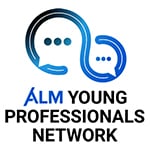 ALM’s Professionals Network on LinkedIn, Advancing Future Leaders. We are excited about this pivotal group. Click here to join.
ALM’s Professionals Network on LinkedIn, Advancing Future Leaders. We are excited about this pivotal group. Click here to join.
NOT FOR REPRINT
© 2024 ALM Global, LLC, All Rights Reserved. Request academic re-use from www.copyright.com. All other uses, submit a request to [email protected]. For more information visit Asset & Logo Licensing.



